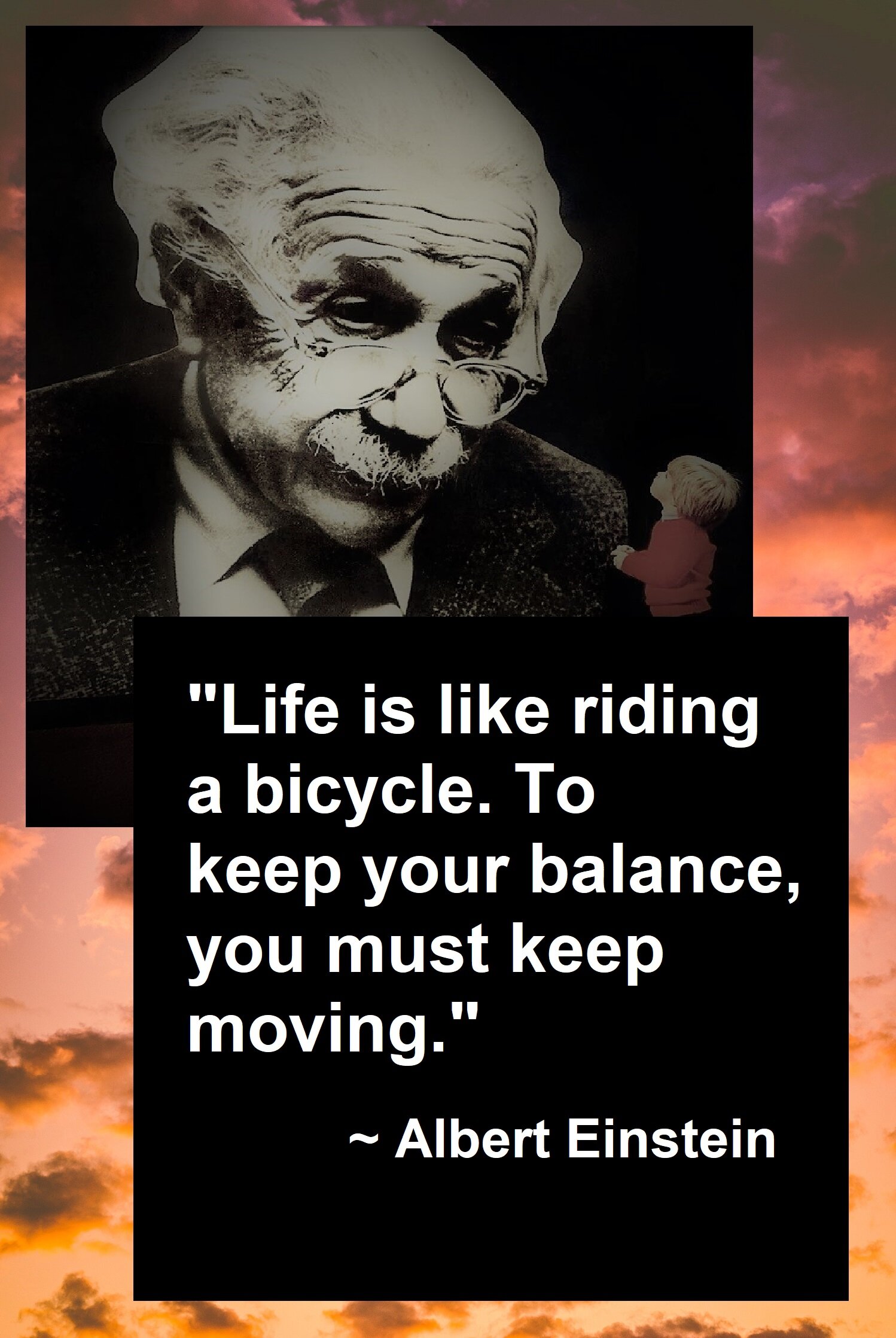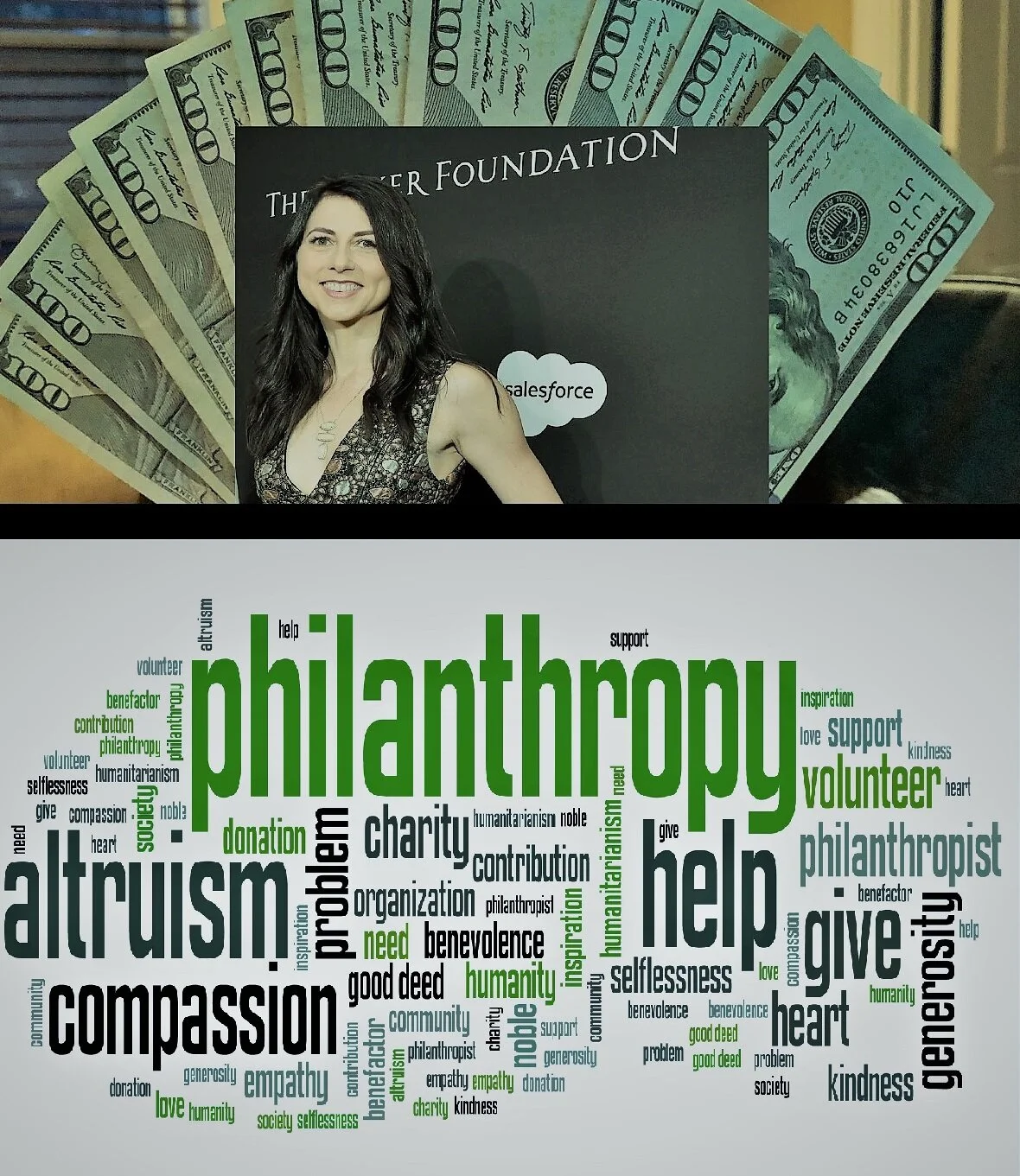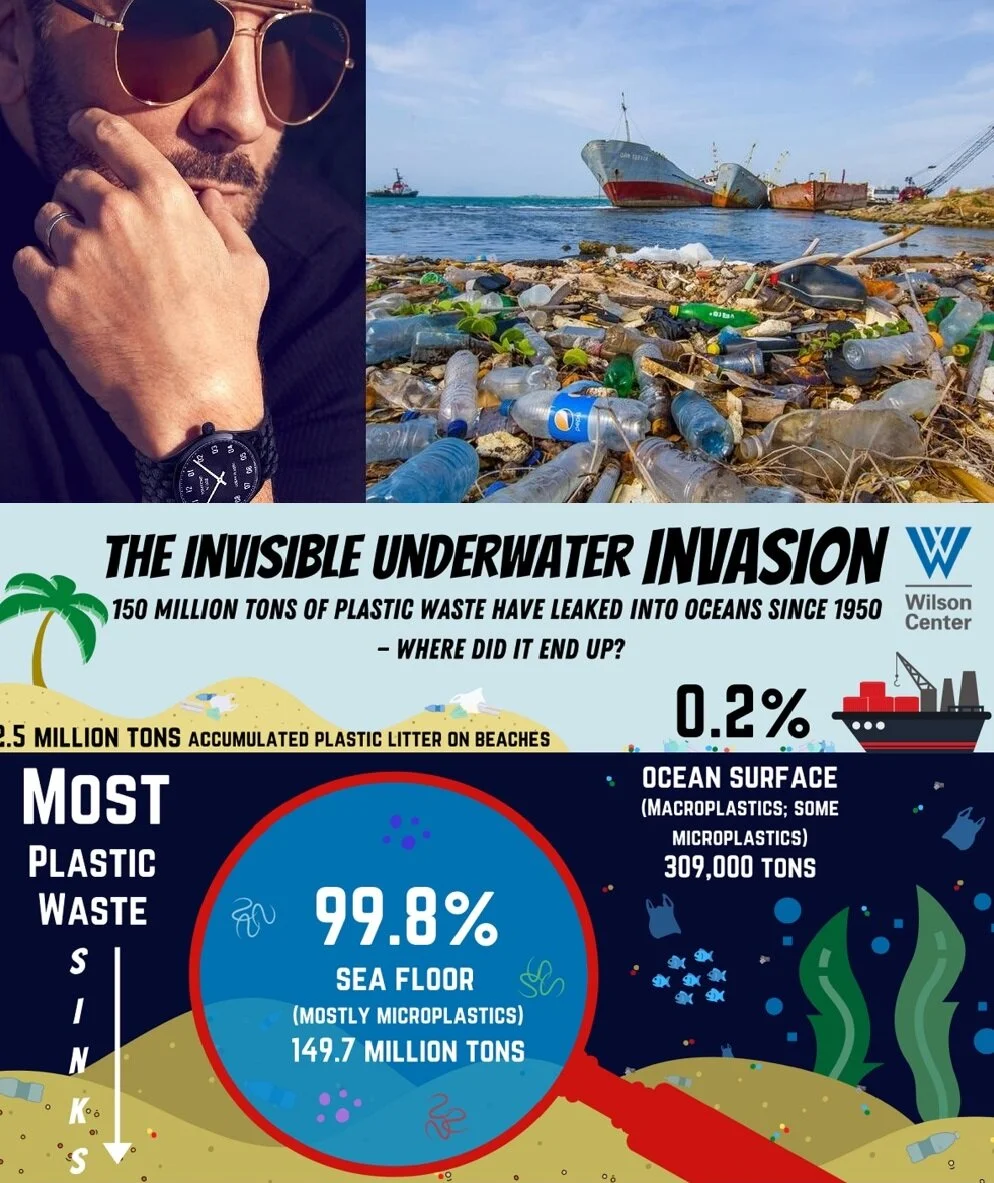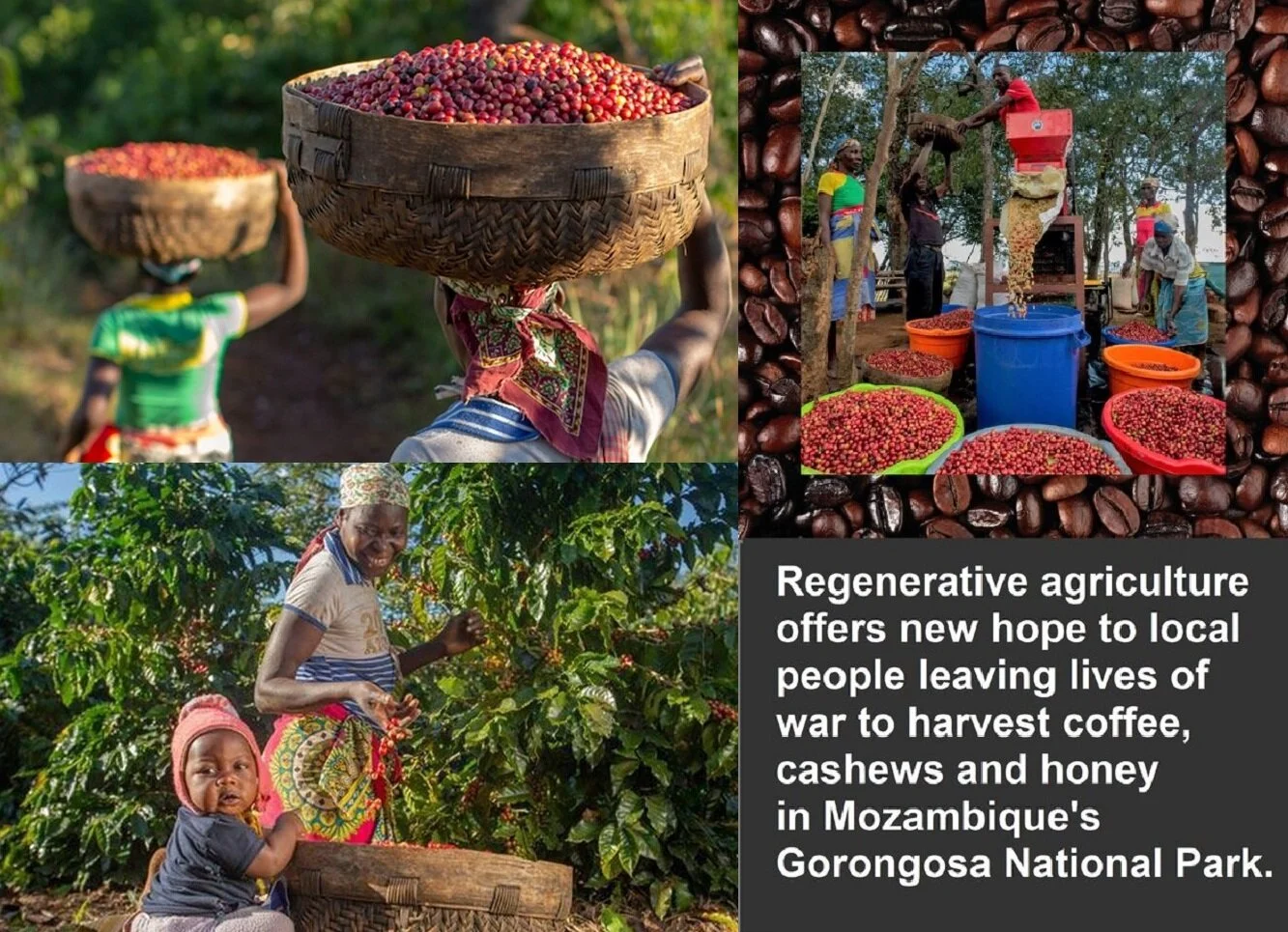5 Ways to Boost Your Engagement of Life From Gratitude to Goals
/Millions of people worldwide have learned to live with gratitude over the past year. What was formerly an Oprah Winfrey buzzword is now a habit or a practice that can change your entire sense of wellbeing.
“Gratitude is good medicine,” says Robert A. Emmons, Ph.D., a professor of psychology at the University of California, Davis and author of The Little Book of Gratitude.
“Clinical trials indicate that the practice of gratitude can have dramatic and lasting effects in a person’s life. It can lower blood pressure and improve immune function. ... Grateful people engage in more exercise, have better dietary behaviors, are less likely to smoke and abuse alcohol and have higher rates of medication adherence,” writes the American Heart Association.
Smile with Gratitude
Gratitude needn’t be a serious yoga meditation in the morning. I adore Oprah, but we rarely think of her as being silly and especially on the topic of cultivating personal gratitude. Not being a lighthearted person myself, I’ve made being a bit silly part my gratitude practice.
For example, I express my gratitude to the universe in the morning upon waking, and it has changed my state of wellbeing significantly I say good morning to all the people I can about most, whether they are by my side or not. I say good morning to elephants worldwide and also the people of Africa — all 54 nations and especially the people in the Lake Turkana basin.
For myself, I don’t care if the people close to me think my behavior might be a bit strange at 6am — should they have the pleasure of my physical company. Gratitude can be expressed in silence or in meditation, but I like expressing joy with a bit more verve. These habits are all new to my life and they represent a trend building worldwide
I was so very pleased with the fragrant, intoxicating white lilies delivered three days ago and decided to be more passion in expressing my appreciation for the beauty and added value they gave to my srroundings. On my way to make the morning coffee, not only have I stopped each day to deeply inhale their scent, but I said: “Good morning, you divinely gorgeous flowers. You remind me that spring is coming earlier in Virginia than New York. Thank you for the beauty you have brought into my home.”
And then I laugh for being so silly as to talk to flowers.
When nothing is guaranteed today, being a bit silly and overtly expressing gratitude for small acts and gestures can make the mundane magical. When life has a bit of unexpected whimsy, we smile more often; and the health benefits of smiling are well-documented.
It's amazing how the act of smiling can change our mood in an instant. It’s more common to think of smiling as almost an involuntary act. An event happens; our loved ones smile at us, so we smile back. Most people don’t think of smiling with purpose — of choosing to smile.
It's not just you who can benefit from smiling, as you can also brighten simultaneously the day of those around you. This habit might sound counter-intuitive, but even making the effort to smile — or faking it on the way to smiling spontaneously — has health benefits for you and those around you.
Look After Your Health
In the time of COVID, there’s growing concern among healthcare professionals that preventative health routines have sidetraked. Besides the obvious reality that in America we have different healthcare routines based on class, income, and where we live, just about everyone is suffering health-maintenance challenges resulting from COVID-life upheavals.
While the worst declines in preventative healthcare came in late spring of 2020 in the US, multiple procedures like colonscopies and childhood immunizations have not returned to pre-landemic base-levels. Weight-gain is prevalent during COVID-19, resulting from factors like stress eating, snacking out of boredom, a lack of ease in finding healthy food and more sedentary time. Kids aren’t getting healthy food in school, and we’re just beginning to understand the stress our children are experiencing, which is taking a double toll on parents and caregivers.
In my case, I can see the gym from my terrace, but it has been closed since the day I arrived in my new home in Virginia. My inner author jokes about writing a post focused on best stretching exercises while waiting for water to boil. A stool goes between my legs and I hit the timer for several minutes. My posture has improved significantly as my torso is lifted to accommodate the stool.
Chances are that your metabolism has slowed down a notch along with everyone elses. because we are not out running around.
Reduced metabolism and reduced calories expended through running around town, walking on city streets and parking lots, and everyday movement combined with increased eating and too much comfort food is guaranteed weight gain. Increased alcohol consumption is also a major concern to doctors. Women, in particular, are exhibiting a 41% increase in alcohol consumption over a 2019 baseline, according to JAMA. Increased stress impacts vision, and you may be required to get your eyes tested and or learning how to wear lenses for the first time.
It’s possible to take control of much of your preventative healthcare during these difficult times, even when the idea seems a bit ludicrous. You simply must try. The obligations that have come crashing down on the heads of moms are mind-boggling over the last year.
It seems callous of me to suggest that doing squats while folding clothes out of the dryer really will be better for you in the end. Except that it’s true.
Around the world, people are in a battle for the quality of their lives, and being mindful of all the small ways you can protect your health is so important. But if you want to throw the frying pan at me reading these suggestions, I truly understand.
Set Goals
Talking about goal-setting might deserve another slap on Anne’s wrist, but trying to create some sense of forward motion and normalcy is so important in our lives now and post-COVID. Think of all the athletes we admire. Were goals part of their lives?
Geniuses like Albert Einstein, have noted the importance of goals. Einstein once said: "If you want to live a happy life, tie it to a goal, not to people or things." The personality characteristics he possessed were likely the driving force behind the types of goals he aimed to achieve, researchers said in a 2020 study out of University of California Davis.
"Einstein's tendency to be creative, curious, and intellectual likely fueled his scientific goals, as well as his more aesthetic goals, such as his passion for playing the violin," the study authors wrote.
Goals are diffeent for differing personality types and genders. I know we’re trying to banish gender in contemporary dialogue, but people who identify as women or female tend to set different goals than people who identify as men.
We all need challenges, and by setting yourself SMART goals, that are specific, measurable, attainable, realistic, and time-bound, you can push yourself on to great things while enjoying the challenge. Goals might be very simple tools, but they can make a huge difference in your life.
Here again, the goals of men and women vary, but these SMART goals descriptors appear widely in research around successful goal-setting. Monitor your progress and don’t be reluctant to recalibrate in the moment. I was raised in the Midwest and there is quite a bit of the NIKE’s ‘Just do it mentality’ in my approach to living.
Monitoring progress towards our goal is so important —as is not beating yourself up if you fall short of your goals.
In the smallest ways, you can always intervene in a decision. Few moments are too late to recalibrate an earlier decision. Just because you broke down and ordered the pizza doesn’t mean you have to eat the whole pie. Just because your gym is closed, doesn’t mean you can’t do ANY exercise at home. Just because you can’t do the three cycles of a specific exercise doesn’t mean you can’t do one.
Small, incremental steps towards reaching goals DO add up.
Boredom may be hurting you more than anything — along with fear about losing your job. But you CAN use the opportunity to learn new skills online. I swear everything you can think of to learn now has an Internet-based solution. Yes, you must have Internet access, but you won’t be reading this post without it. Spekaing of gratitude, you can thank the universe for your Internet. Millions of Americans have no Internet access. And going to school on your smart phone doesn’t cut it.
Live in the Moment
Although it's important to have goals you work towards, it's also important to remember the journey is just as important as the destination. In fact, as my creative muse Dan Eldon wrote in the magnificent journals his mother Kathy found in his closet after Dan was stoned to death in Mogadishu in 1993, ‘The Journey Is the Destination.’
Indeed Dan lived in the moment — loving humans far and wide, and helping young people all over Africa before his death at age 23. Dan lived in a state of mindfulness, a state of active, open, intentional attention on the present. Psychology Today calls it ‘The Art of Now’.
Living in a State of Positivity
Focusing on positive emotions is more than smiling: it is the ability to remain optimistic and view one’s situation from a constructive perspective. While the Coronavirus world makes optimism a challenge, there are things you can do to stay optimistic:
You can be proactive and banish negative thoughts. Every young person 21 years old right now has every right to be concerned about the future. And yet we see a surge of young people volunteering and giving of themselves, creating positivity around themselves through kindness, assistance to others and voting.
We smarty-pants think US president Joe Biden can be a bit corny with his constant shout-outs of hope and optimism. No one doubts his sincerity, though, because Joe Biden has faced some very dark days in his life.
Resilience does not come in a limited supply as our new president teaches us. Rather, resilience is a muscle, and when exercised properly with personal gratitude, new goals, and graciousness towards the pain of others — in spite of our own suffering — Joe Biden assures us that joy is part of our new quality of life experience. ~ Anne


































